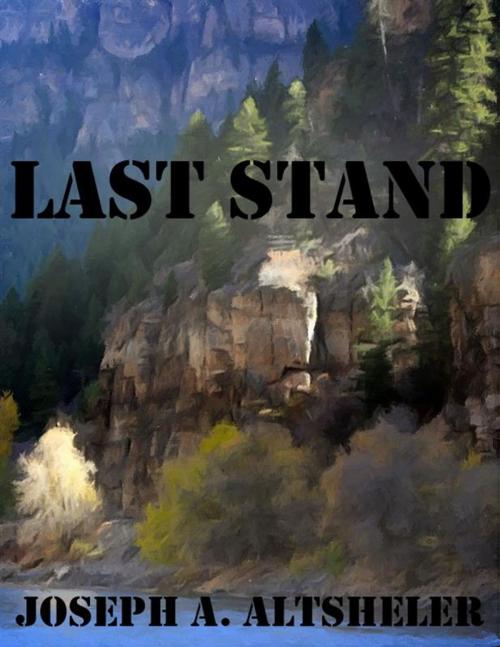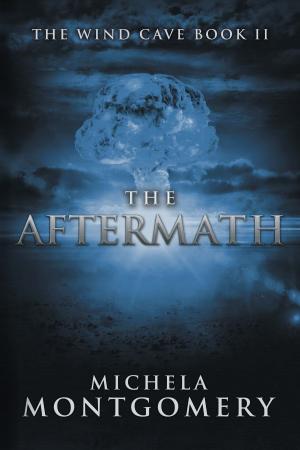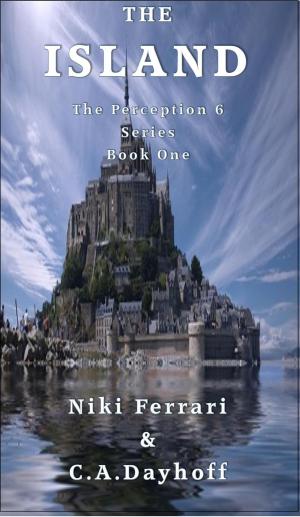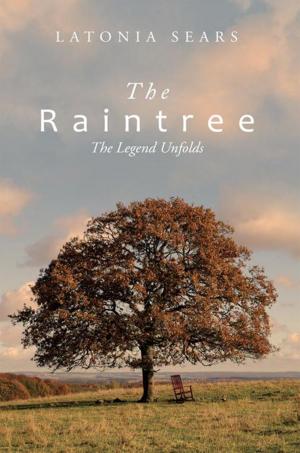| Author: | Joseph A. Altsheler | ISBN: | 9786050323894 |
| Publisher: | Joseph A. Altsheler | Publication: | September 25, 2014 |
| Imprint: | Language: | English |
| Author: | Joseph A. Altsheler |
| ISBN: | 9786050323894 |
| Publisher: | Joseph A. Altsheler |
| Publication: | September 25, 2014 |
| Imprint: | |
| Language: | English |
Joseph Alexander Altsheler (1862–1919) was an American newspaper reporter, editor and author of popular juvenile historical fiction. His seven series comprise a total of thirty-two novels, each containing an independent story. There are nineteen non-series novels. He also authored forty-four short stories and two non-fiction items.
It has been the aim of the author to present a picture of frontier life, and to show the immense hardships and dangers endured by our people, as they passed through the wilderness from ocean to ocean. So much of it occurred in the shadow of the forest, and so much more of it was taken as a matter of course that we, their descendants, are likely to forget the magnitude of their achievement. The conquest of the North American continent at a vast expense of life and suffering is in reality one of the world's great epics.
The author has sought to verify every statement that touches upon historical events. He has read or examined nearly all the books and pamphlets and many of the magazine articles formerly in the Astor and Lenox, now in the New York Public Library, dealing with Indian wars and customs. In numerous cases, narratives written by observers and participants have been available. He believes that all the border battles are described correctly, and the Indian songs, dances and customs are taken from the relations of witnesses.
But the great mass of material dealing with the frontier furnishes another striking illustration of the old saying that truth is stranger than fiction. No Indian story has ever told of danger and escape more marvelous than those that happened hundreds of times. The Indian character, as revealed in numerous accounts, is also a complex and interesting study. The same Indian was capable of noble actions and of unparalleled cruelty. As a forest warrior he has never been excelled. In the woods, fighting according to his ancient methods, he was the equal alike of Frenchman, Englishman and American, and often their superior. Many of the Indian chiefs were great men. They had the minds of statesmen and generals, and they prolonged, for generations, a fight that was doomed, from the beginning.
Joseph Alexander Altsheler (1862–1919) was an American newspaper reporter, editor and author of popular juvenile historical fiction. His seven series comprise a total of thirty-two novels, each containing an independent story. There are nineteen non-series novels. He also authored forty-four short stories and two non-fiction items.
It has been the aim of the author to present a picture of frontier life, and to show the immense hardships and dangers endured by our people, as they passed through the wilderness from ocean to ocean. So much of it occurred in the shadow of the forest, and so much more of it was taken as a matter of course that we, their descendants, are likely to forget the magnitude of their achievement. The conquest of the North American continent at a vast expense of life and suffering is in reality one of the world's great epics.
The author has sought to verify every statement that touches upon historical events. He has read or examined nearly all the books and pamphlets and many of the magazine articles formerly in the Astor and Lenox, now in the New York Public Library, dealing with Indian wars and customs. In numerous cases, narratives written by observers and participants have been available. He believes that all the border battles are described correctly, and the Indian songs, dances and customs are taken from the relations of witnesses.
But the great mass of material dealing with the frontier furnishes another striking illustration of the old saying that truth is stranger than fiction. No Indian story has ever told of danger and escape more marvelous than those that happened hundreds of times. The Indian character, as revealed in numerous accounts, is also a complex and interesting study. The same Indian was capable of noble actions and of unparalleled cruelty. As a forest warrior he has never been excelled. In the woods, fighting according to his ancient methods, he was the equal alike of Frenchman, Englishman and American, and often their superior. Many of the Indian chiefs were great men. They had the minds of statesmen and generals, and they prolonged, for generations, a fight that was doomed, from the beginning.















